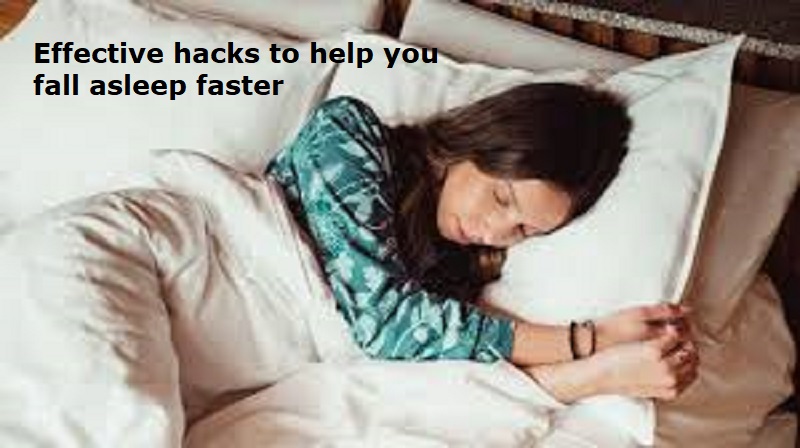
Good sleep is crucial for overall health, enhancing mood, cognitive function, and physical well-being. Incorporating sleep hacks can significantly improve sleep quality.
Effective hacks to help you fall asleep faster:
1. Have a sleep schedule
Establishing a regular sleep-wake cycle aligns your body’s internal clock (circadian rhythm), making it easier to fall asleep and wake up naturally. Go to bed and wake up at the same time every day, even on weekends.
2. Relaxing bedtime routine
Engaging in calming activities before bed signals your body that it’s time to wind down. Establish a pre-sleep ritual, such as reading a book, taking a warm bath, or practicing meditation.
3. Limit exposure to blue light
Blue light from screens inhibits melatonin production, the hormone that regulates sleep. Turn off electronic devices at least an hour before bedtime.
4. Improve your sleep space
A comfortable and quiet sleeping environment promotes deeper, uninterrupted sleep. Keep your bedroom cool, dark, and quiet, and invest in a comfortable mattress and pillows.
5. Avoid stimulants and heavy meals
Caffeine and nicotine are stimulants that can interfere with sleep, while heavy meals can cause discomfort. Avoid caffeine and nicotine for at least 4-6 hours before bedtime. Eat dinner at least 2-3 hours before sleeping and opt for light snacks if needed.
Also Read: Simple ways to become emotionally available in a relationship
6. Practice relaxation techniques
Techniques like deep breathing, progressive muscle relaxation, and guided imagery can calm the mind and body. Spend 10-15 minutes practicing relaxation techniques before bed.
8. Limit naps
Napping for too long or too late in the day can disrupt nighttime sleep. Limit naps to 20-30 minutes and only nap early in the afternoon if needed. This can significantly improve your sleep at night.
9. Regulate your exposure to natural light
Natural light exposure during the day helps regulate your circadian rhythm. Try to spend more time outside during daylight hours. Ensure exposure to natural light in the morning. It helps improve sleep patterns.
10. Limit alcohol consumption
While alcohol can make you feel sleepy initially, it can disrupt your sleep cycle later in the night. Avoid alcohol close to bedtime and limit your overall alcohol intake. This can help reduce your risk of sleep apnea and other sleep disorders.

Post Your Comments